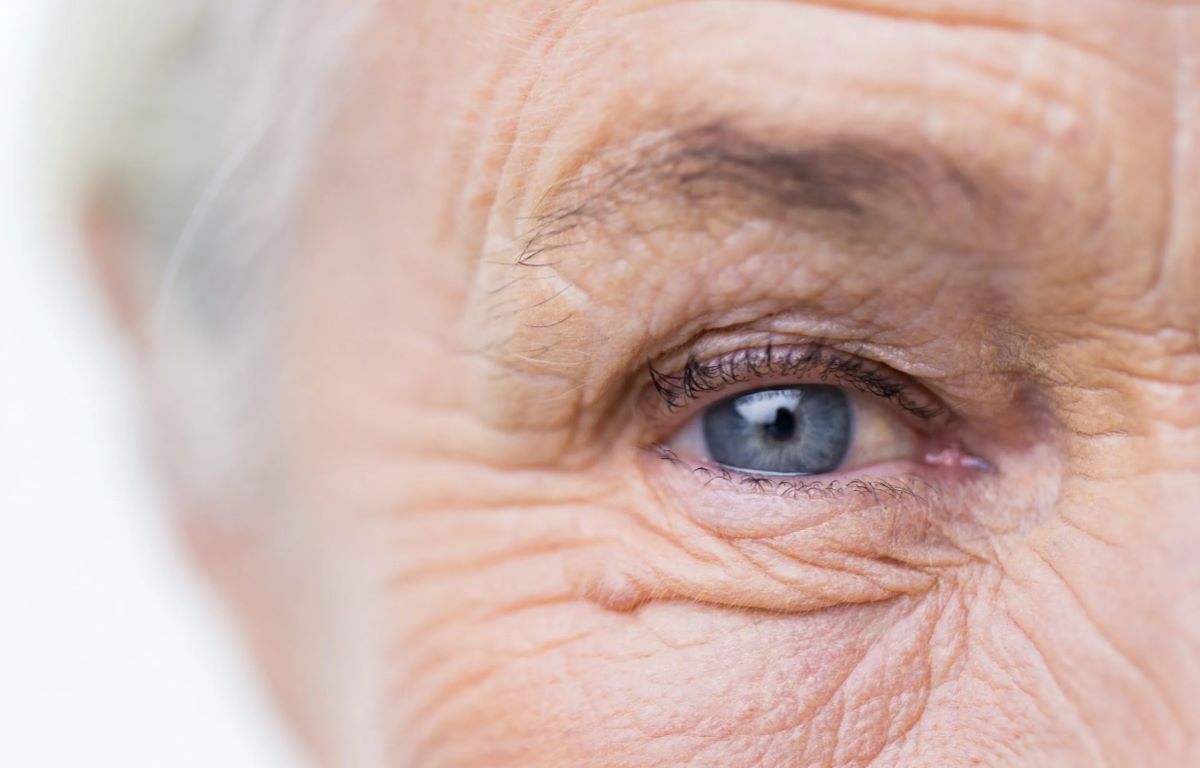
image credit- shutterstock
Roche Pharmaceuticals has shared encouraging 16-week interim data from its ongoing phase 3b/4 SALWEEN trial, showing significant improvements in vision and retinal health in patients with polypoidal choroidal vasculopathy (PCV), a prevalent form of neovascular age-related macular degeneration (nAMD) in Asian patients. The treatment, Vabysmo (faricimab), is designed to target the underlying causes of this serious eye disease.
The data, presented at the Asia-Pacific Vitreo-retina Society (APVRS) conference in Singapore recently, revealed that patients treated with Vabysmo showed an average improvement of +7.8 letters in their vision test—equivalent to reading about one and a half lines more on an eye chart—at 16 weeks.
Additionally, patients experienced a substantial reduction in retinal swelling, with 80% of patients having no fluid in the retina, and 51% of those with polypoidal lesions, a key characteristic of PCV, saw these abnormal blood vessels completely disappear.
The SALWEEN study, which is being conducted across multiple countries in Asia, including China, Japan, and South Korea, involves 135 patients aged 50 years and older. In the first 12 weeks, patients received four monthly loading doses of Vabysmo, with future doses adjusted based on each patient's condition. The final results of this study are expected in 2026.
“With nearly two-thirds of global vision loss concentrated in the Asia Pacific, advancing treatments for this region is essential. These early results from the SALWEEN trial are promising and highlight Vabysmo’s potential to significantly improve outcomes for people with PCV," said Ahmed Elhusseiny, Area Head, Asia Pacific, Roche Pharmaceuticals.




